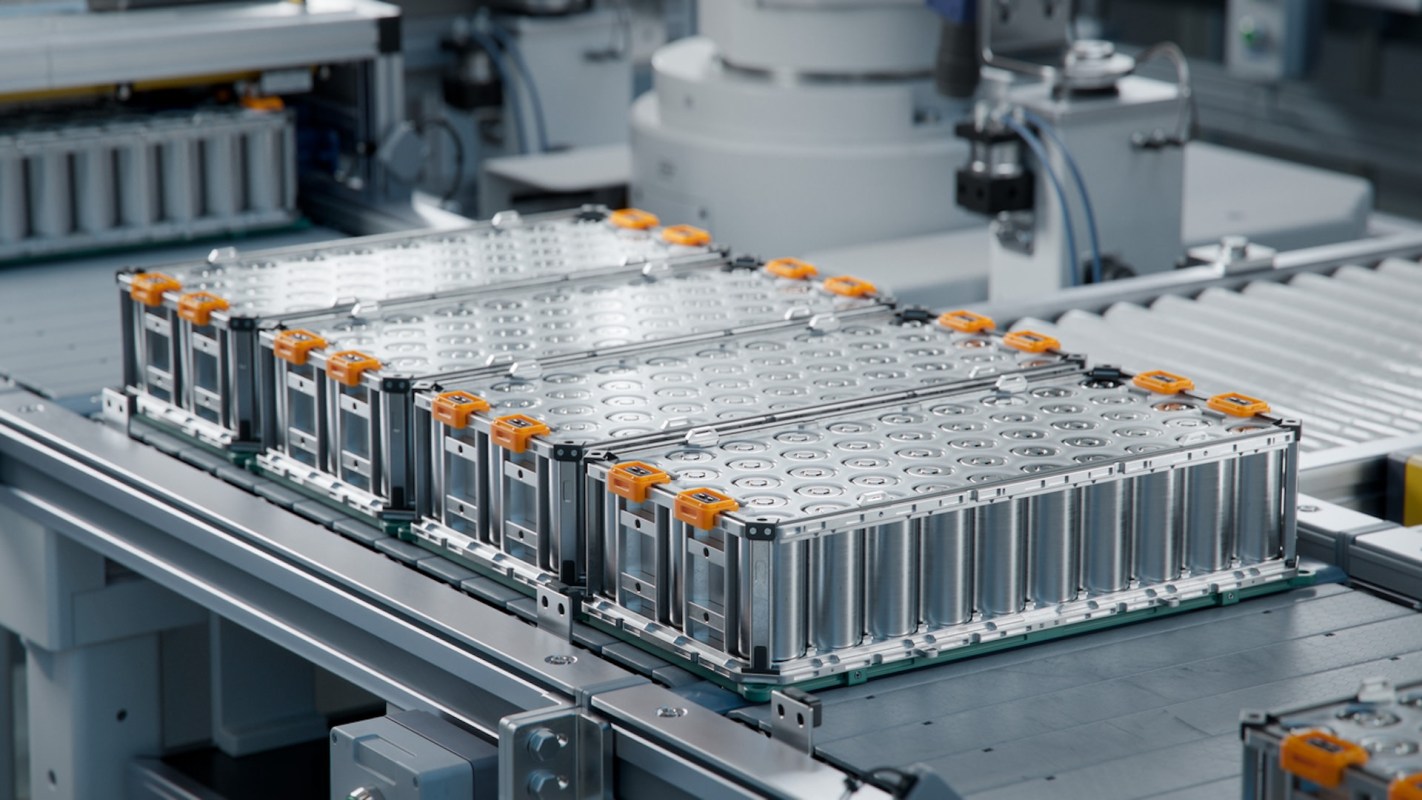Battery tech experts in China are researching alternative chemistry that they said provides "superior" energy storage in power packs.
Iodine is the element that unlocked the breakthrough, which could pave the way for power packs with "stability, long life, and low levels of energy loss during storage," according to a report on the science from TechXplore.
The experts, from the Qingdao Institute of Bioenergy and Bioprocess Technology of the Chinese Academy of Sciences, are working on lithium thionyl chloride batteries with a liquid electrolyte. The electrolyte is the solution in the battery cells where particles pass back and forth during the charge/discharge cycle, per a lab report from ACS Publications.
Outside the battery, the National Library of Medicine notes that thionyl chloride is a "colorless to yellow fuming liquid with a suffocating pungent odor."
Inside the battery, it helps create the chemistry needed for energy storage. The result "has great potential to meet the ever-increasing demand of energy-storage systems," according to the ACS report.
Companies around the world are working to improve battery chemistry to boost energy storage and shorten charge times. Lithium-sulfur and even iron-air cells that use rust are examples of batteries with unique charge/discharge chemistry.
Until now, lithium thionyl had clear limitations. It cannot be recharged and can only be used when low-energy discharge (power density) is needed. But the Qingdao experts claim that iodine changes everything, according to TechXplore.
Iodine "can speed electron transfer and improve energy charge and discharge rates while maintaining the high energy density," Qingdao Professor Dong Shanmu, who is a study co-author, said in the TechXplore report.
Energy density is a buzzword in battery tech. It is the amount of energy that can be stored in relation to the battery's mass. Superb energy density can equate to lighter, smaller batteries, improving all sorts of performance features for technology, including roominess and range for electric vehicles, per an article on the subject published on LinkedIn.
It's particularly important for electric aircraft that require batteries to be as light as possible.
Qingdao's tech could provide it all: strong energy density, solid discharge, and recharge capability.
"Our work successfully sets the precedent," Professor Cui Guanglei, a study co-author, said in the TechXplore article about the chemistry at work in the team's unique science.
For now, the team is working to further improve the key specifications that are needed to make the batteries an option for mainstream use, per TechXplore.
"In the end, our goal is to develop a rechargeable battery with a wide temperature operating range as well as high energy and high power density," study first author Chen Guodong said in the report.
Join our free newsletter for weekly updates on the coolest innovations improving our lives and saving our planet.









